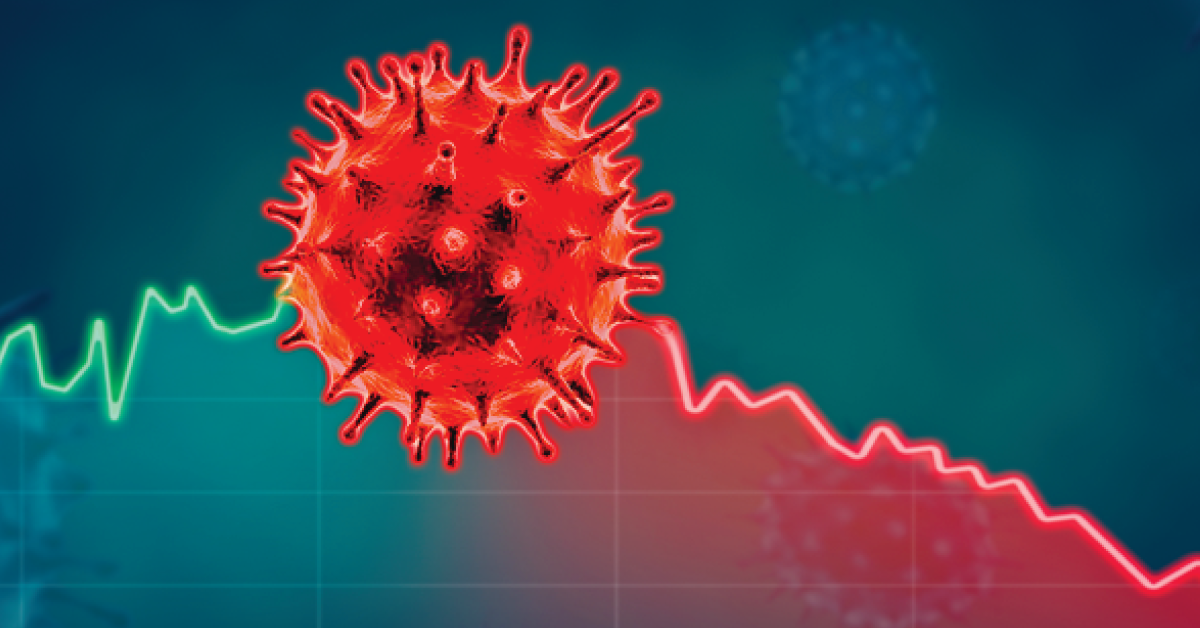
The botanical name for Shatavari is Asparagus racemosus. It belongs to the same family as asparagus. It is an adaptogenic plant as well. It is believed that adaptogenic herbs might assist your body deal with both physical and emotional stress. Ayurveda as well as ayurvedic doctors or ayurvedic treatment prefers Shatavari for benefits ranging from good hair to good reproductive health.
Shatavari is a common ingredient in Ayurveda medicine since it is thought to be a general health tonic that boosts vitality. For more information on the potential additional health advantages, continue reading.
Benefits of Shatavari for Male and Female
- It has anti-inflammatory qualities.
Antioxidants shield cells from damage caused by free radicals. They also combat oxidative stress, which is a disease-causing factor. Shatavari has a lot of saponins. Saponins are substances that have antioxidant properties.
According to a reliable source, racemofuran, a brand-new antioxidant, has been discovered in shatavari root. Asparagamine A and racemosol, two well-known antioxidants, were also discovered.
- It might strengthen your immune system.
Ayurveda uses shatavari to strengthen immunity. A 2004 study found that when compared to untreated animals, mice treated with shatavari root extract had higher levels of antibodies to a strain of whooping cough. The treated animals recovered more quickly and were in better general health. This showed a more effective immunological reaction.
- It might ease coughing.
Shatavari root juice is a traditional cough medicine in West Bengal, India, according to a 2000 small research. Researchers tested the substance’s ability to stop coughing in coughing mice. They discovered that codeine phosphate, a pharmaceutical cough suppressant, and shatavari root extract both halted coughing. More research is required to understand how shatavari relieves coughs.
- It could ease diarrhea.
Shatavari is a traditional treatment for diarrhea. Serious issues including electrolyte imbalance and dehydration can arise from diarrhea.
Shatavari reportedly assisted in preventing rats’ castor oil-induced diarrhea, according to a 2005 studyTrusted Source. If shatavari produces outcomes similar to those in humans, more research is required.
- It might have diuretic effects.
Diuretics aid your body in eliminating extra fluid. To drain extra fluid from the area around the heart, they are frequently administered to patients with congestive heart failure. Serious adverse effects could be caused by prescription diuretics.
Shatavari is a diuretic in ayurveda, according to a 2010 rat research. According to the study, shatavari demonstrated diuretic effectiveness at 3,200 milligrams doses without producing immediate negative effects.
- Ulcers may be treated with it.
Your stomach, small intestine, or esophagus can develop ulcers. They might cause severe agony. They may result in severe side effects like bleeding or perforation.
A 2005 study on rats found that shatavari was successful in healing medication-induced stomach ulcers.
- Kidney stones may be treated using it.
Hard deposits called kidney stones develop in your kidneys. They may cause intense discomfort as they move through your urinary tract. Oxalates are the main component of kidney stones. Compounds called oxalates are present in various meals, including spinach, beets, and french fries.
Shatavari root extract assisted in preventing the development of oxalate stones in rats in a 2005 studyTrusted Source. Additionally, it raised the level of magnesium in the urine. It is believed that maintaining healthy levels of magnesium in the body can aid in preventing the formation of urine crystals that result in kidney stones.
- It might aid in blood sugar maintenance.
The prevalence of type 2 diabetes is rising, as is the demand for safer, more efficient therapies. A 2007 study found that shatavari may assist in regulating blood sugar levels. It is believed that the herb’s constituents increase the manufacture of insulin, albeit it is not understood how.
Researchers believe that discovering how shatavari affects blood sugar may hold the key to creating new diabetic treatments, but further research is required.
- Anti-aging properties.
One of nature’s best-kept anti-aging secrets may be shatavari. A 2015 study found that the saponins in shatavari root helped lessen the skin damage caused by free radicals that cause wrinkles. Additionally, shatavari prevents collagen deterioration. The flexibility of your skin is maintained by collagen.
- It could be used to treat depression.
Adults experience major depressive disorder each year, according to the Anxiety and Depression Association of America. Due to undesirable side effects, however, many patients are unable to take prescription depression drugs.
Ayurveda uses shatavari to treat depression. The antioxidants in shatavari have potent antidepressant properties, according to a 2009 study on animals. They affected the brain’s neurotransmitters as well. Information is transmitted throughout our brain by neurotransmitters. Some of them are connected to depression.
How to Consume Shatavari?
Shatavari usage has not been extensively researched in humans. No established standard dose exists. These dosages could prevent kidney stones.
Shatavari root tincture, 4-5 millilitres, three times per day; shatavari root tea, 1 teaspoon powdered with 8 ounces of water, twice per day.
There are powder, pill, and liquid versions of hatavari. 500 milligrammes, up to twice daily, is the normal dosage of shatavari tablets. Shatavari extract is often taken 30 drops at a time, up to three times per day, in water or juice.
Before adding shatavari to your regimen, consult with your doctor or a natural health professional, especially if you use medication or have health issues. They can assist you in choosing the appropriate dose for you.
Herbs and supplements are not under FDA regulation. Supplements come in a variety of strengths, purity, and quality. Buy shatavari only from a company you believe in.
Potential negative consequences and side effects
Shatavari is “totally safe for long-term use, especially during pregnancy and lactation,” according to 2003 research. However, little scientific research has been done on the negative consequences of shatavari supplementation. It should not be used by pregnant or nursing women until more research has been done to confirm its safety.
There have been instances of allergic reactions in certain shatavari users. If you have an asparagus allergy, stay away from this product. If your symptoms of asthma or an allergic response worsen, see a doctor.
This comprises:
- Hasty, rapid heartbeat
- Itching skin, itchy eyes, and difficulties breathing
- The herb shatavari might act as a diuretic. It shouldn’t be taken along with other diuretic plants or medications like furosemide (Lasix).
- Your blood pressure could be lowered by shatavari.
Since ancient times, shatavari has been used in ayurvedic treatment. To recommend it for any medical problem, nevertheless, not enough human studies have been conducted. However, it is safe to consume it in moderation and doing so will enable you to benefit from its antioxidant and immune-boosting properties. You can also seek online consultation for knowing about the Benefits of shatavari for male and female.
Before adding shatavari to your regimen, see your ayurvedic doctors if you wish to take it at a greater dosage. They can discuss your particular risks and potential advantages with you and address any queries you may have.

